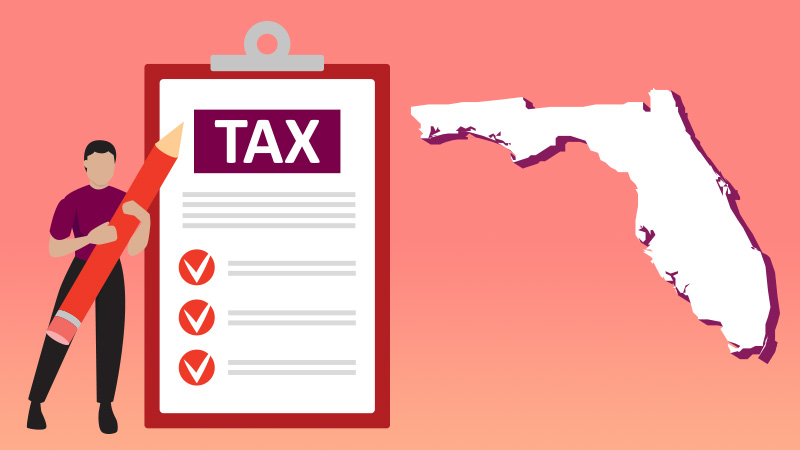Understanding Florida’s Tax Advantages for Retirees and Older Workers
Florida stands out as one of the most tax-friendly states for retirees and older workers. Its favorable tax landscape, complete with no personal income tax, appeals to many individuals looking to stretch their retirement income. Here’s an in-depth look at what makes Florida an attractive destination for seniors.
Why Florida is Ideal for Retirees
No Personal Income Tax
Florida is one of seven states in the U.S. that does not levy a personal income tax. This means residents can enjoy tax-free pensions, retirement payments, and investment income. Additionally, Social Security benefits are exempt from state taxes, allowing for greater financial flexibility.
Inheritance and Estate Tax
Seniors will be relieved to know that Florida imposes no inheritance or estate taxes. This solidifies its reputation for tax-friendly living, making it appealing for those planning their financial legacies.
The Big Picture of Florida’s Taxes
- Income Tax: 0% (no state or local tax)
- Property Tax: 0.79% of a home’s assessed value (average)
- Sales Tax: 7% (average combined state and local)
According to the Tax Foundation, property taxes can vary widely across different counties, but the average stands at 0.79% in 2023.
Income Tax Details in Florida
How is Income Taxed?
As highlighted earlier, Florida does not have a personal income tax, which significantly benefits retirees relying on fixed incomes.
Are Pensions and Retirement Income Taxed?
Older residents rejoice—Distributions from pensions, 401(k)s, and IRAs are not taxed at the state level.
Investment Income Impact
Additionally, capital gains and dividends are also exempt from state taxation, further enriching Florida’s appeal for retirees who invest.
Social Security Benefits
Florida does not tax Social Security income, although federal taxes may apply depending on your provisional income. For example:
- 50% Tax: Provisional income between $25,001 and $34,000 (individual), or $32,001 to $44,000 (joint).
- 85% Tax: Provisional income exceeding $34,000 (individual), or $44,000 (joint).
Property Tax in Florida
Florida’s property tax is assessed based on your home’s value. Here are key specifics:
- Average Rate: 0.79% of the assessed value.
- Homestead Exemption: Homeowners can save up to $50,000, and specific discount programs are available for veterans, seniors, and disabled individuals.
For more in-depth information, visit the Florida Department of Revenue.
Save Our Homes Program
Residents qualifying for the homestead exemption benefit from capping property value increases to 3% annually, promoting affordability.
Sales Tax Structure
Florida imposes a state sales tax of 6% on many goods and services. However:
- Average Combined Rate: 7% due to local surtaxes.
- Exemptions: Most groceries, prescription medicines, and specific medical equipment are exempt, contributing to a lower cost of living for seniors.
Tax Holidays
Florida offers "sales tax holidays" during which specific items may be purchased without sales tax. For more details, check the Florida Department of Revenue’s website.
Inheritance and Estate Tax
For those planning their estates, it’s important to note that Florida has no inheritance or estate tax, making it easier to pass on wealth.
Tax Considerations for Military Benefits
Active-duty pay and military pensions are likewise exempt from state taxation, adding to Florida’s appeal for veterans.
Can Part-Time Residents Access These Benefits?
For individuals splitting their time between Florida and another state, it’s crucial to understand residency requirements. The "183-day rule" often governs tax residency. To qualify for the homestead exemption, you must prove Florida residency.
Conclusion
Florida’s tax-friendly environment offers substantial benefits for retirees and older workers. From zero personal income tax to various exemptions and no inheritance tax, the Sunshine State provides a unique allure for those in their golden years. Whether you’re here full-time or part-time, the financial advantages can significantly impact your retirement lifestyle.
For detailed insights, explore external resources like the Florida Department of Revenue and the Tax Foundation to stay informed.


